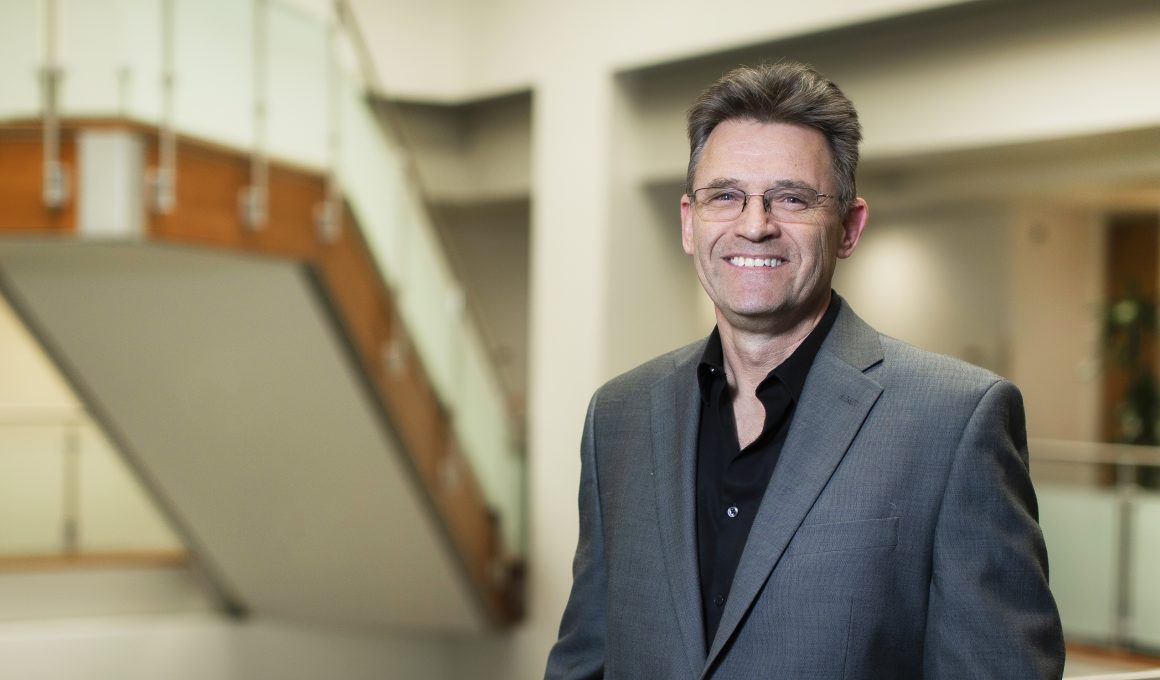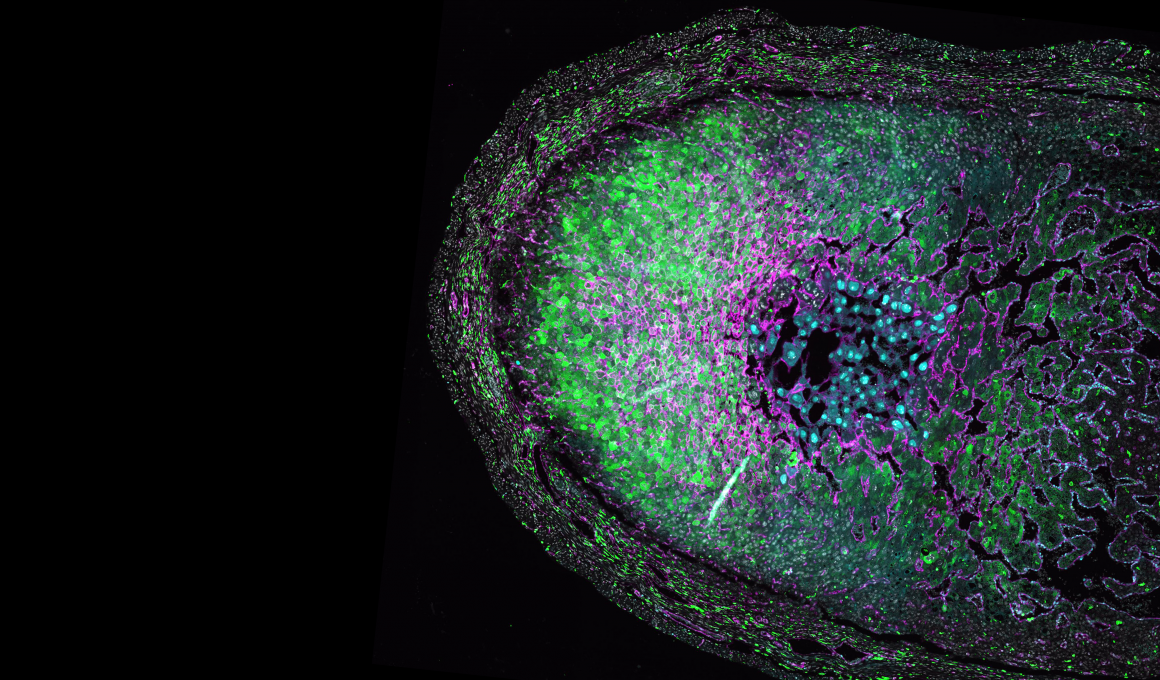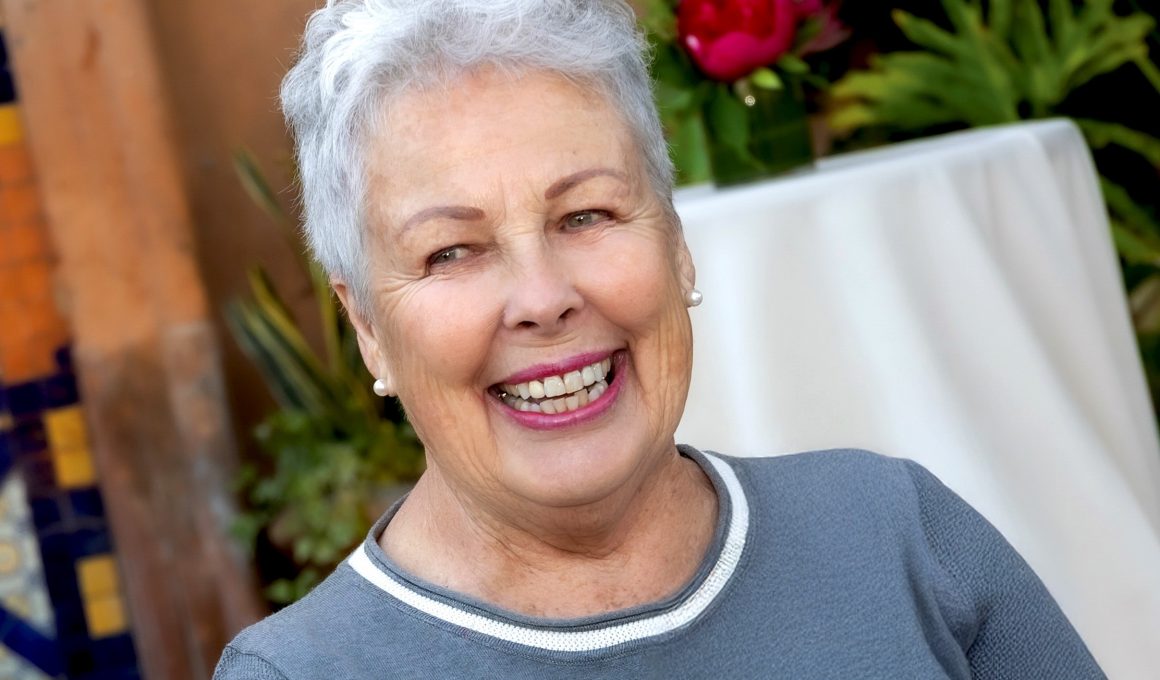La Jolla Institute for Immunology (LJI) Professor and Director of Academic Affairs Michael Croft, Ph.D., didn’t set out to become an immunologist. He earned his undergraduate degree in biology in England in the early 1980s. This was a time when scientists were just starting to examine the importance of specific molecules in controlling immune cells.
“Immunology was such a small field that I only had one lecture in immunology during my undergraduate degree—not one course, one single lecture,” says Dr. Croft, who has served as a Professor, Scientific Director, and Director of Academic Affairs at LJI.
The field of immunology has changed dramatically during Dr. Croft’s career. His own research has revealed the inner workings of immune cells and sparked new clinical work to help patients.
“Mick’s discoveries have led to Phase III clinical trials, and he is a widely sought consultant by both pharma and biotech,” says LJI Professor and President Emeritus Mitchell Kronenberg, Ph.D. “In addition to his outstanding science, Mick has been an Institute leader and is absolutely dedicated to training and mentoring.”
Now Dr. Croft is preparing to retire, and he’s reflecting on his contributions to fundamental research and drug development. “I didn’t plan to become an immunologist,” he says. “But I certainly haven’t regretted it for a minute.”
As an undergraduate, Dr. Croft got his first chance to do hands-on immunology training during an internship at the pharmaceutical company Glaxo, now known as GSK. He found the work fascinating and went on to earn his Ph.D. in immunology at the University of Sussex. Dr. Croft then moved to San Diego to continue his training as a postdoctoral researcher at UC San Diego.
Dr. Croft soon started looking for a faculty position—and he didn’t have to look far. LJI was recruiting leading immunologists from across San Diego and around the world. “I could see the quality of the investigators they had coming in,” says Dr. Croft. “It seemed like a great opportunity.”
In 1996, Dr. Croft started his own laboratory at LJI. He focused on studying “messenger” proteins from the tumor necrosis factor (TNF) and tumor necrosis factor receptor (TNFR) superfamily. This early research shed light on specific TNF molecules that influence T cells and drive inflammatory and autoimmune diseases. Dr. Croft also showed how these molecules allow T cells to protect against infectious agents or tumors.

Among his many discoveries, Dr. Croft revealed the importance of a TNF molecule called OX40, and its binding partner, OX40L. His lab found that OX40 molecules activate T cell responses and contribute to dangerous inflammation during allergic reactions. His research suggested that blocking OX40 activity may help treat conditions such as allergic asthma and atopic dermatitis (the most common cause of eczema).
This finding interested several pharmaceutical companies. Kyowa Kirin, Inc., pursued antibody therapies to block T cells from sensing OX40. One investigational therapy that came out of this work, called rocatinlimab, is currently being investigated for safety and efficacy in multiple Phase III clinical trials for adults and adolescents with atopic dermatitis.
Dr. Croft has continued to study the mechanics of OX40 over the years. His lab also shed light on TNF molecules, such as LIGHT, TWEAK, and others, which play a role in harmful inflammation as well. He recently proposed several combination therapies, ones he hopes will be tested in clinical trials in the future.
After 29 years on the LJI faculty, Dr. Croft says he is looking forward to retirement. Still, he plans to advise early career scientists at LJI. He’s eager to see what the next generation of immunologists will discover.
“LJI has been my home for almost 30 years and has gone from strength to strength during that time. I look forward to great discoveries from the Institute and even more success.”
– LJI Professor and director of academic affairs michael croft, ph.d.
“I’ve been surrounded by massively talented people that are my colleagues at LJI, and I’ve been lucky to have really terrific people come through my lab over the years,” says Croft. “But there’s still a lot we don’t know. And that’s why we need brilliant young people to carry on this research and to fill in the gaps. And hopefully this will lead to even more therapies for immune-based diseases. “






